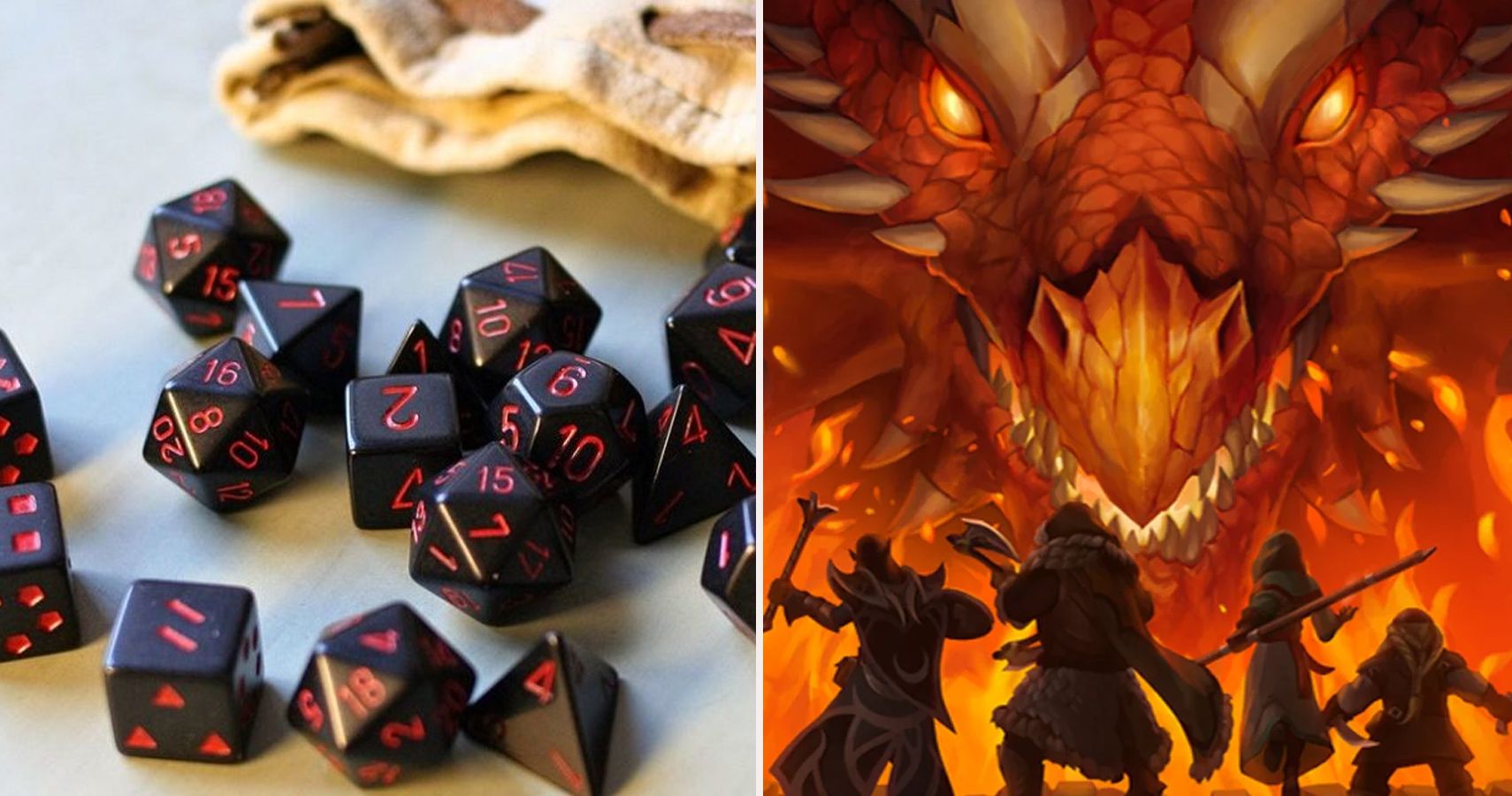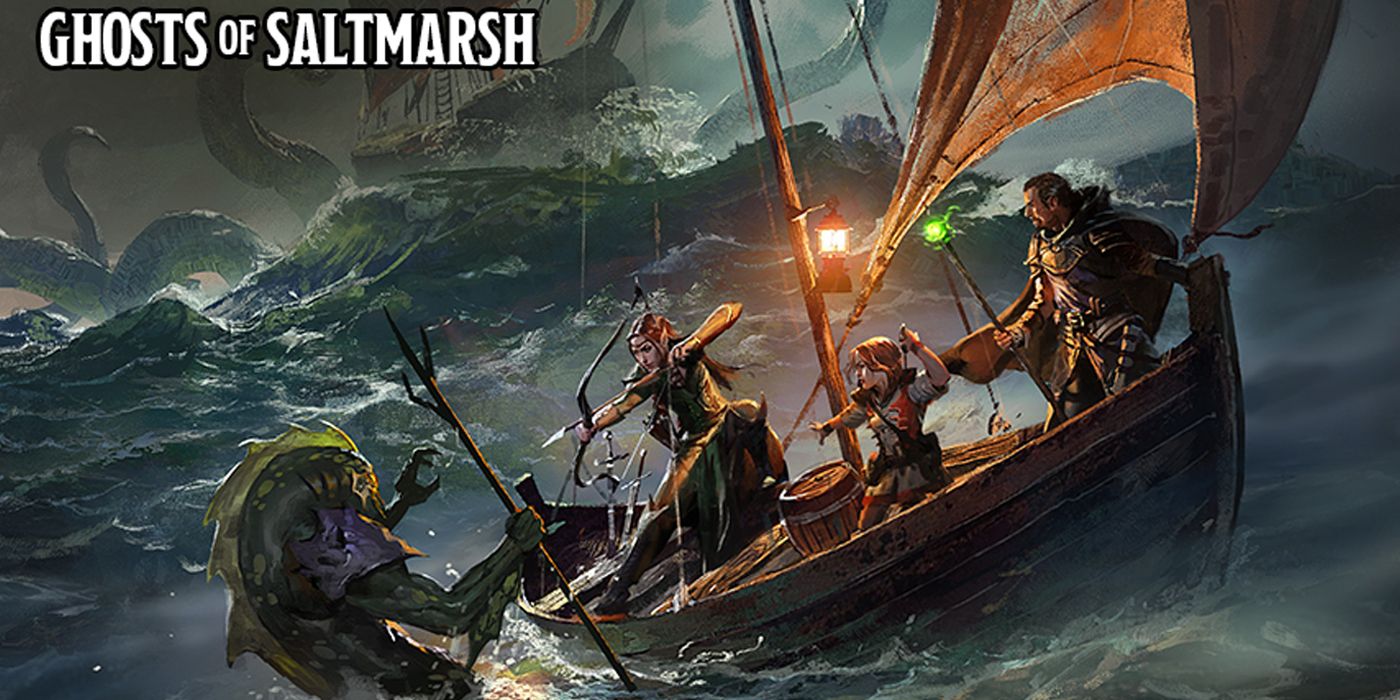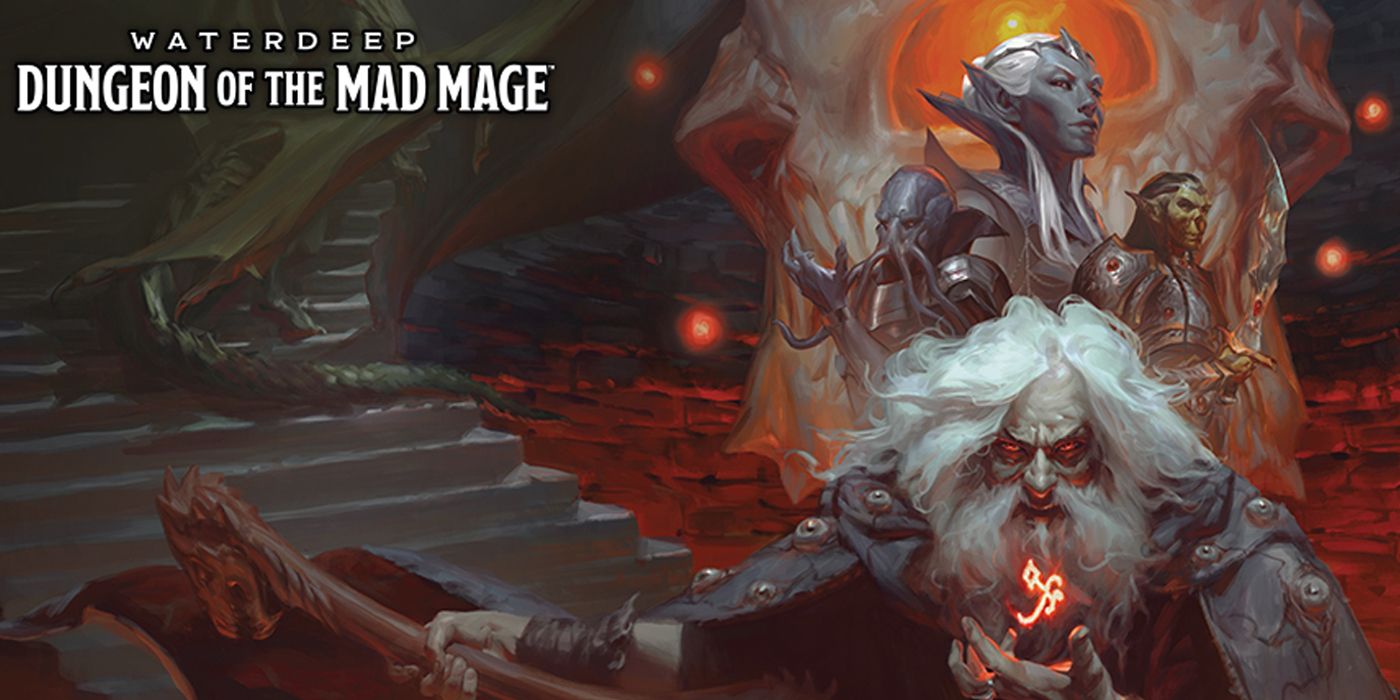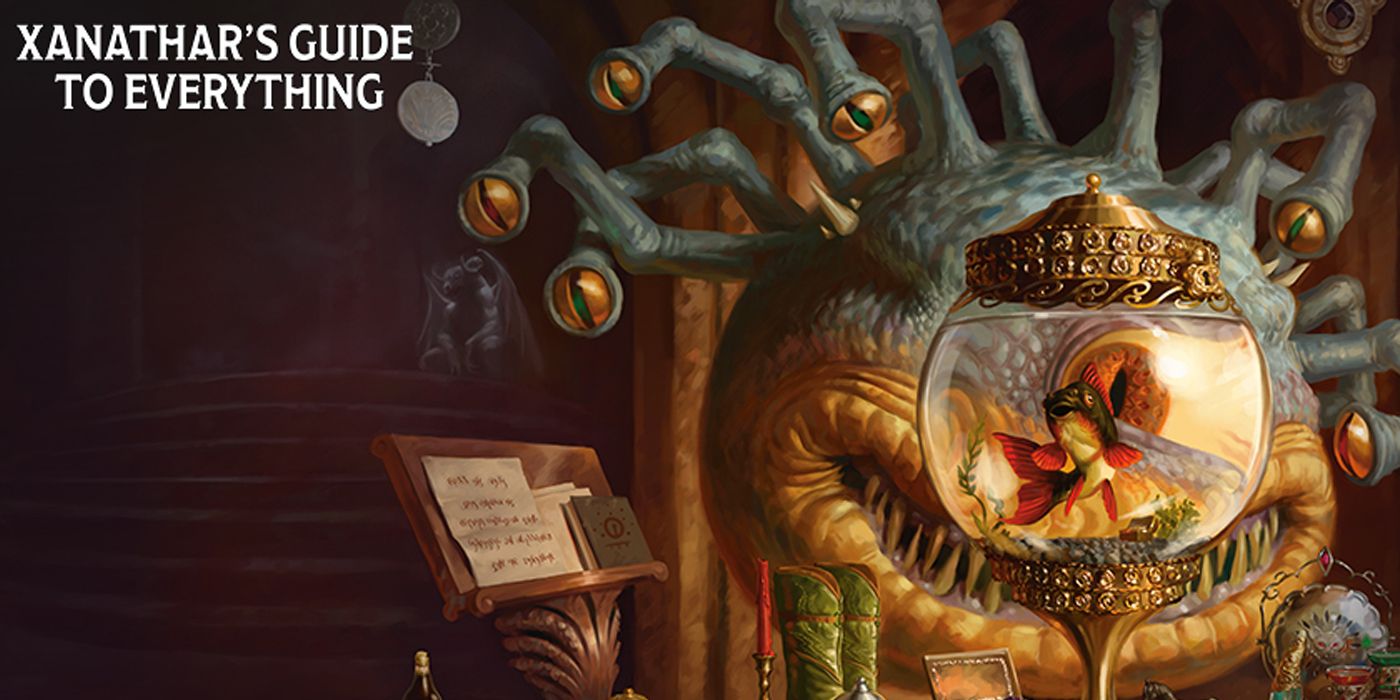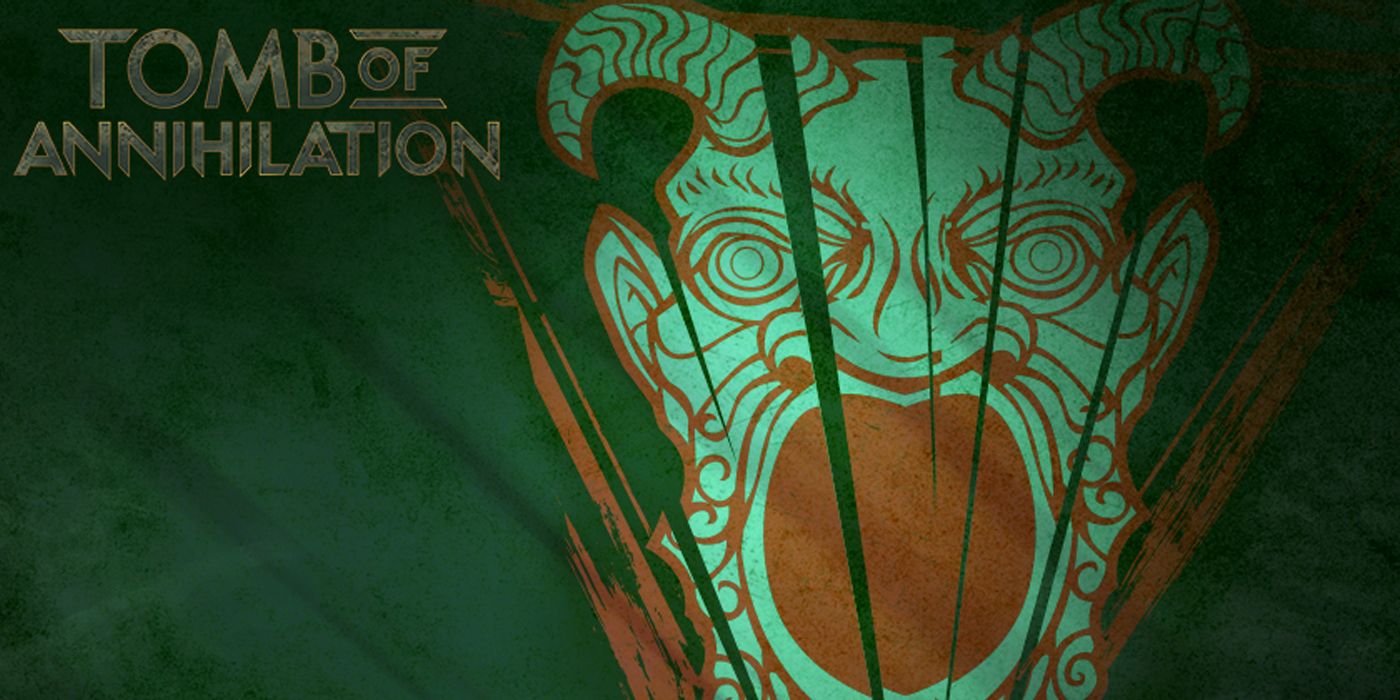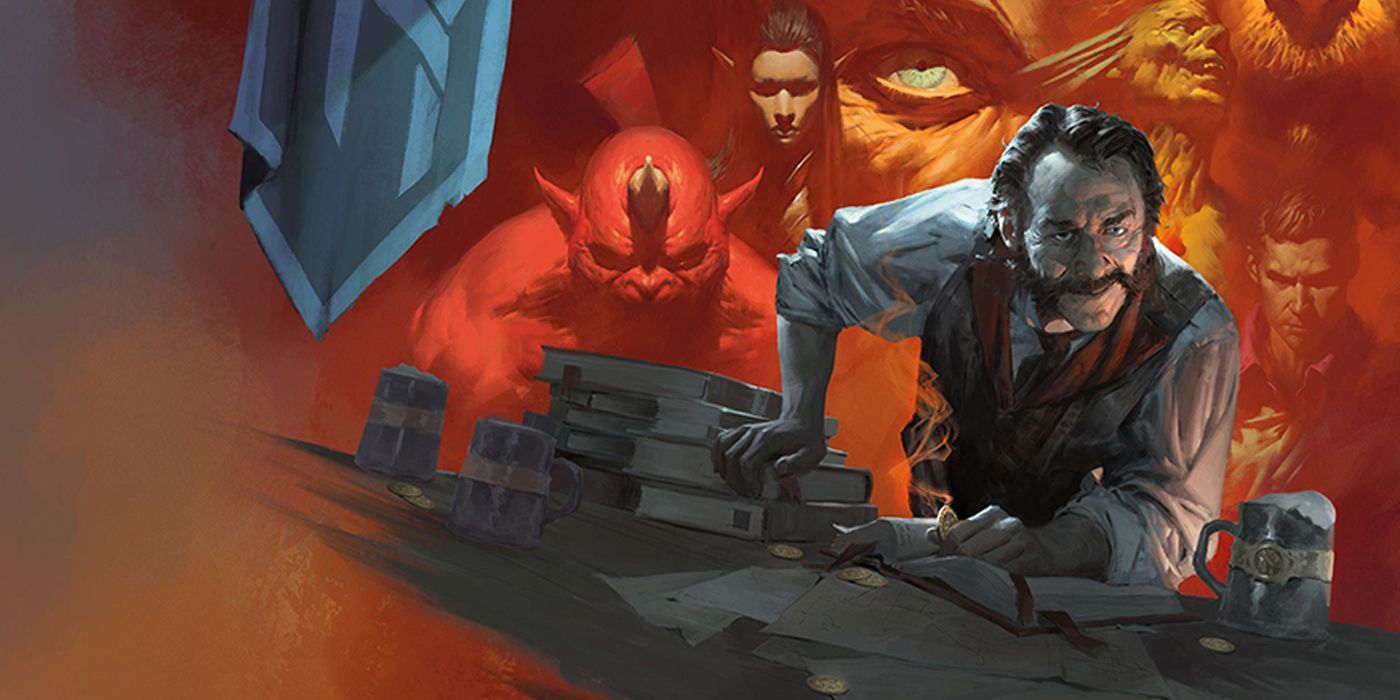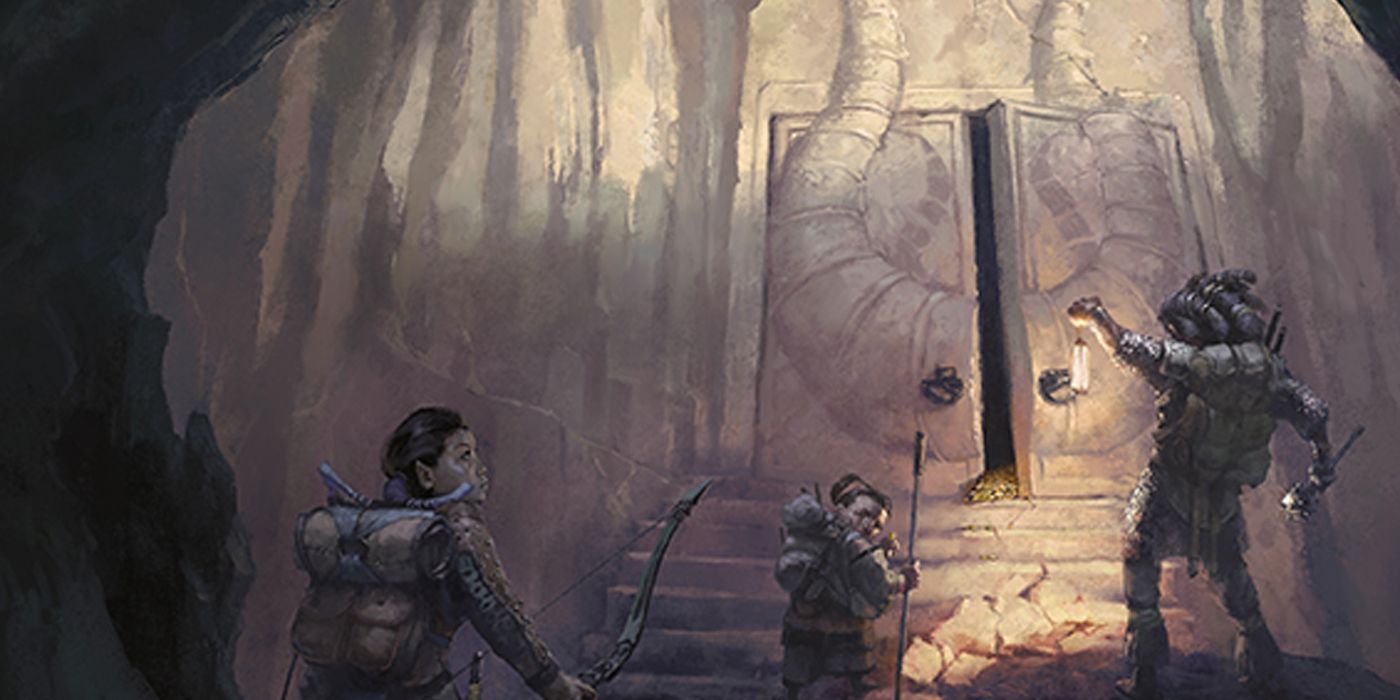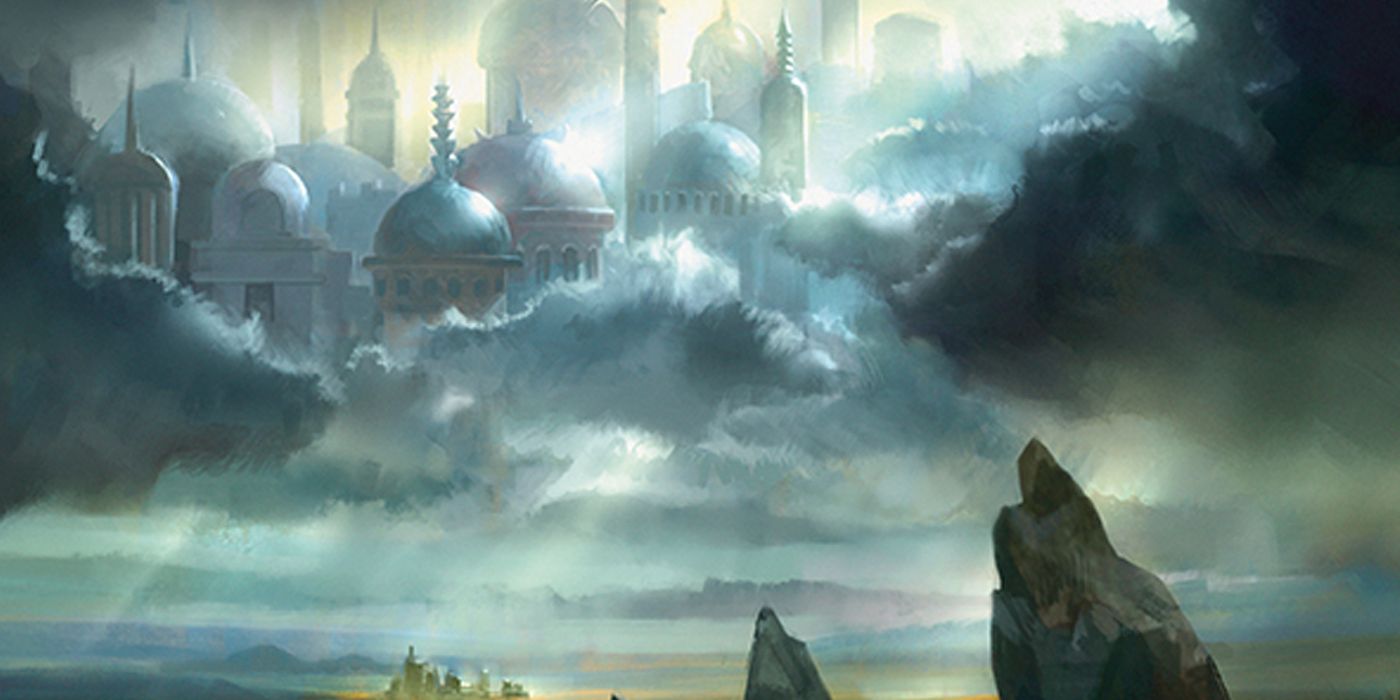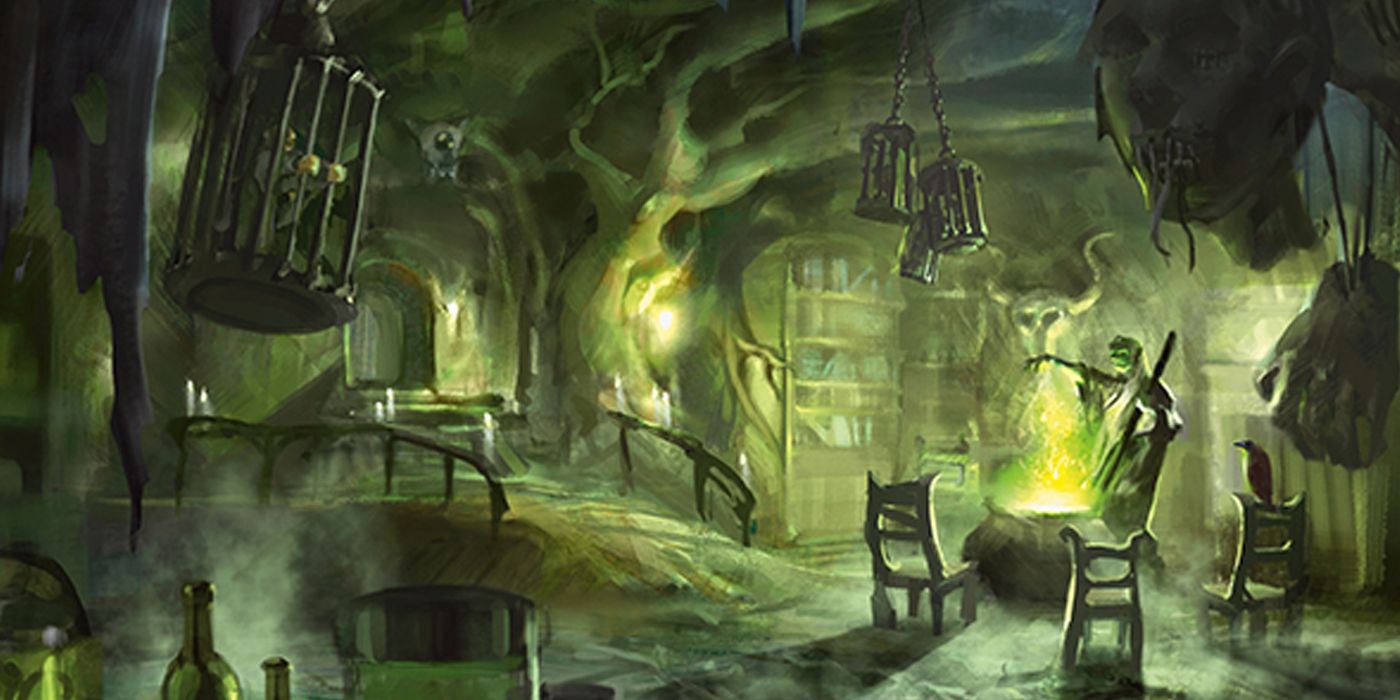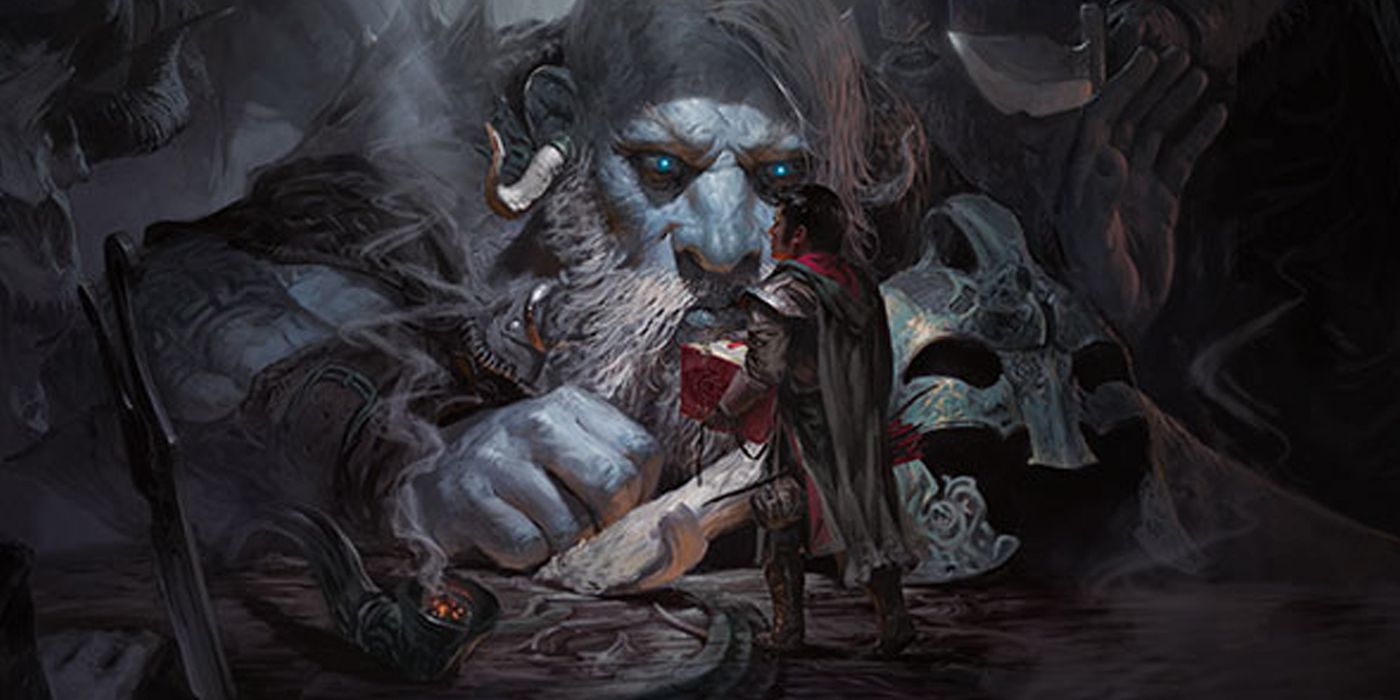Being a Dungeon Master is no small task. You are in charge of running an adventure for a group of players and this involves a lot of moving parts. You control the monsters and NPCs. You have all the maps and locations for the dungeons, the world, and secrets for your players to find. You have to guide your players through the story without forcing them through in one way or another. Most daunting of all, you have to think fast when the party does something unexpected. So, here are ten of those challenges, as well as a tip or two on how to rise above them.
10 Giving The Party A Companion
There are various reasons to give your adventuring party a companion to accompany them. This could be for the story, perhaps the party sorely needs a role filled or is too small. Of course, for all these reasons, there come problems. If the NPC has no abilities, the party can begin to view them as a chore to protect.
If they do have powers (essentially making them another player character controlled by you) it can be one more thing to keep track of. This way the NPC can be useful to the party, act as a catalyst for role-playing, and can even be a character for one of your players to use temporarily if theirs dies.
9 Managing Large Combat Encounters
Combat has the potential to be one of the most exciting parts of playing D&D or one of the most tiresome. Sometimes a large combat encounter is necessary, or perhaps the party could be working their way through a base full of minions and be moving from skirmish to skirmish. First, if you have large groups of the same small enemy, make them into groups of five that share an initiative. In addition, you can pre-roll those initiatives so you don’t waste a lot of time. Keeping track of hit points is a major chore, so to reduce this, merely combine the health of the baddies in one of the groups. Each time they take damage equal to one of their health, an enemy falls.
8 Crafting The Perfect Puzzle
Sometimes when you craft a puzzle for a dungeon you can’t help but feel you’ve made the perfect, crafty puzzle and your players are going to have a fun time unraveling it. However, when it comes time for them to actually solve it, it becomes a frustrating challenge that they just can’t seem to piece together. Or on the other hand, perhaps you made the puzzle far to easy and they solve it with no difficulties. Remember to look at the stats of your players’ characters. If no one in the party has a particularly high intelligence, it would be best to make a simple puzzle that the characters can figure out. If you have several powerhouses with high strength, make sure your puzzles can’t be negated by brute force.
7 Keeping Your Characters (And Players) Interested
How do you keep everyone, both inside the game and outside, invested and interested? One thing to keep in mind is the backstories and desires of the characters in the adventuring party. If they are motivated by treasure and bloodshed, be sure to include lots of monster hunts and dungeons full of loot. If you’re looking to drive a larger plot, weave in details from the characters’ backstories that will press them to investigate and venture forth into the wider world. You can also ask your players to create their characters with a single greater goal in mind or perhaps a loose thread in their life story. This can be included in the campaign so everyone has a reason to stay interested.
6 Managing A World
Whether you are running a campaign in a world of your own making or a world out of one of the many books available to you, you as the Dungeon Master are in charge of everything in it. This means you have to populate it, come up with lives and stories for dozens of people, fill cities with shops and then fill those shops with items.
All of this can be overwhelming to think about. So the best way to tackle it is to break it up into chunks. Pick a city to serve as a base for the party. Put the most detail into this one and keep good notes on it.
5 Preparing For A Session
So, you have a session coming up and you need to prepare. It can be hard to gauge just how much to prepare ahead of time; too little and you’ll run out of things to do and too much means that if your players do something unexpected, you might end up wasting hard work. Gauging how much to prepare depends on a few things. Is there going to be combat? Are they approaching a major plot point? These are all key things to remember as you're preparing. Depending on the combat, that alone could take a whole session as could the party’s journey through a town to shop and get their next quest.
4 Railroading
Railroading is a term that essentially means putting your adventuring party on a straight, linear path that they cannot deviate from, even if they want to. Generally speaking, this term is used negatively. After all, Dungeons and Dragons is a game where players are free to explore and make their own choices. However, sometimes a little railroading can be necessary. If both in and out of the game your players are confused or unsure of where they are meant to go or do, a little nudging will be just what they need to get things back on track. It could even be turned into a humorous moment so the act doesn’t seem so heavy-handed.
3 Dealing With Character Deaths
Having a character die can cause quite a few problems; particularly if it's unexpected. A failed save against a trap or a powerful enemy in combat can bring a character to an untimely demise and bring up obstacles for you as the Dungeon Master. Now there's a player at the table with no role to play. So, obviously the player will need to create a new character to play. In the meantime though, you should lower the difficulty of any combat that comes the way of the weaker party, so it's a fair fight. Of course, now you’re going to have to think on your feet as well on how to introduce the new character to the party.
2 Expecting The Unexpected
As we just mentioned in the last section, part of being a Dungeon Master requires you to think on your feet. You can prepare and plan as much or little as you want but at the end of the day, your players can do or not do whatever they want too. Often times, your players will act in an unexpected way; perhaps they kill an important NPC or they don’t take the bait for the next big quest. All of these things can throw your plans straight out of the window. Have a back-up plan in place in case of some of the more obvious deviations the party can take, but if things really take a turn, don’t be afraid to take a break or even end a session so you can readjust your plans.
1 Dealing With Difficult Players
Unfortunately, not everyone that sits down at the table to play will be perfect. Some players might cause conflict both in and out of the game. As the Dungeon Master, you hold a special place at the table. You are the referee for conflict between players and characters alike. So, when these difficult people pop up, the first step is to talk it out. Have a one on one conversation with that player, ask them why they are starting a conflict. Let them know their actions are not sitting well with everyone else and discuss how to make things better for all. If the player continues to spoil the fun for everyone else, the only thing left to do, sadly, is to ask them to leave the game.

